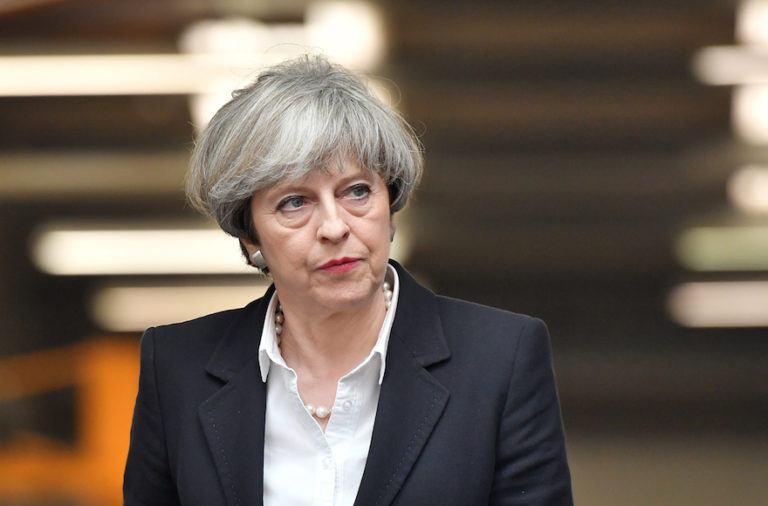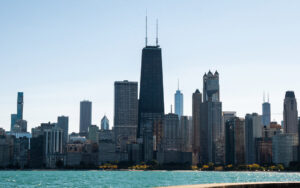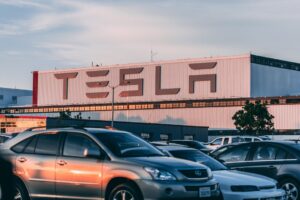By Daniel S., 6th Grade, Krieger Schechter Day School of Chizuk Amuno Congregation
Last year, after more than 40 years of dedicated membership in the European Union (EU), Great Britain made a surprise announcement that it will try to separate itself from the EU. Now, a year later and a few weeks away from the final vote, Britain’s parliament is torn between staying and leaving. The declaration to separate would deal a powerful blow to the EU, as Great Britain is one of the most powerful of its members.
Great Britain, made up of England, Scotland, Wales, and Northern Ireland, is a major player in the EU. The UK, or formally, the United Kingdom of Great Britain and Northern Ireland, gave the EU £13.1 billion ($16.58 billion) last year, and the EU only paid back £4.5 billion ($5.7 billion) of it. This caused great discomfort to Great Britain’s parliament.
On December 10, 2018, the EU announced that “the UK can unilaterally stop the process for getting out of the 28-member bloc.” The British people had called for a second referendum, called the “People’s Vote.” On December 18, Theresa May went to Brussels to ask for help, and the EU denied her request. After two postponements, the “People’s Vote” is now scheduled for January 7, 2019.
Nicknamed “Brexit,” a blend of “Britain” and “Exit,” the campaign for Great Britain to leave the EU will end up lasting two years, and if half of the British citizens vote in favor of this separation, Brexit will be final, leaving the EU one important member short.
Stephen Gordon, Social Studies teacher at Krieger Schechter Day School said, “Brexit is catchy, and it’s short. Brexit is like a contraction. It seems to be the trend in journalism these days, and it captures your attention.
“I think the UK wants it to capture your attention because it’s a big deal,” he explained. “Them joining the EU was a big deal, because it was supposed to be beneficial to all of Europe, but there are so many different cultures, and the UK felt like the EU was not keeping up part of their bargain, so the people of the UK said that they didn’t need this dragging them down. It’s a very interesting phenomenon going on.” Apparently, media coverage in England named this Brexit to catch the attention of the world.
A YouTube video by UK Comedy Central compared Brexit to the Titanic. Boris Johnson, a British politician and parliament member, said, “Brexit will be a Titanic success!” This quote sparked several debates by politicians, and this particular video stated that Brexit will ultimately be a disaster.
Karen Booth, Assistant Head of the middle school at KSDS, said, “I think that fear plays a large part of some people’s perceptions in Great Britain. The way that the EU is set up, people are able to move freely between these 27 or 28 countries. That includes new immigrants to the EU, and maybe some illegal immigrants. I think that some people in Great Britain are fearful that some of those immigrants come from poorer countries or countries that want to do harm to Great Britain.”
Also, Booth said, “From what I understand, Scotland and maybe Northern Ireland aren’t in favor of Brexit. Most of the people for Brexit are older British. The younger British probably feel that Brexit may isolate them from other countries and makes it harder to get jobs and travel freely.” Even though the motion will likely pass 52 to 48 percent, some other citizens of Great Britain, like Scots and the Irish and even some younger British, strongly oppose Brexit.
Lucy Marshall, a citizen and current resident of England, said, “The referendum vote ended at 52 percent to 48 percent, so there was a very narrow margin in favor to leave. Supposedly what the press tells us is that David Cameron, who was the prime minister at the time of the referendum, called the referendum. He thought that the country was calling for a referendum to vote yes or no. People thought that the majority is going to be no, and, therefore, lots of people didn’t turn out to vote. Another theory about why the ‘leavers’ won is general discontent because there was a financial crash in 2008.”
Many believe Brexit would not have passed if all of the British population had voted. The motion mainly passed because some people thought that the “remainers” outnumbered the “leavers;” therefore, they opted not to vote, so it was an unbalanced vote.
Marshall also stated, “People have been financially worse off since the stock market crash of 2008 and people after a while get fed up. They want to blame something or someone, and they think that the grass is greener on the other side and that sort of thing. Immigration in Britain is frightfully like American politics right now. People thought, ‘Well, we want to take back control of our country and our finances and now life is so terrible and this is how we’re gonna fix it.’”
Brexit, a looming threat in the near future of Great Britain, will change the country and the EU for decades. It will isolate the nation of England from its sister countries of Europe. If Brexit passes, Europe’s way of life will be forever changed. Britain has given countless resources, like money and military supplies, and without it in the EU, the stores of money that the EU gives to countries in need will be depleted. This looming storm will change the EU, likely for the worse.





